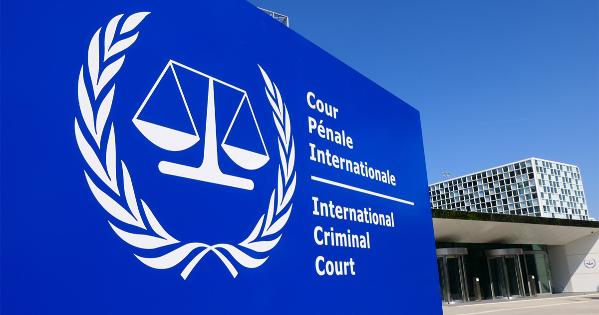This week, I appreciated the focus on war—and specifically Russia’s invasion of Ukraine—as a cause of migration. Migration does not occur in a vacuum. Whenever there are mass movements of people across international borders, they can always be attributed to social or economic events that push migrants out, attract them to other countries, or keep them in their home countries by creating immobility. The United Nations is the only body that can determine refugee status. Its definition states that refugees are “people forced to flee their own country and seek safety in another country.” As we can see, there are push factors at play, making it important to pay attention to phenomena like wars for how they can produce refugeehood.
I also appreciated the historical context provided by the BBC, which notably pointed out that Russian “disenchantment” with the failure of Westernization to deliver on its promises led to “a retreat from the nation state and a return to a more assertive imperial stance toward its ‘near abroad’.” This explanation was very important for understanding Russia’s gradual shift toward authoritarianism that today, in conjunction with China, threatens to create a new world order that “pits the world’s democracies against the world’s authoritarian regimes.” The broader geopolitical implications of Russia’s invasion of Ukraine have almost certainly played a role in generating support for Ukrainian refugees in the Western world, particularly in the United States. From the perspective of these countries, this is no ordinary conflict. Governments immediately understood what was at stake: the existing world order. Those who want to preserve the status quo have an incentive to staunchly oppose Russia, and many who want to see it change might take a more pragmatic approach. This is the case in many African countries, where Russia’s influence has grown in recent years, according to the head of the U.S. Africa Command on CNN. Many African countries are deeply frustrated by the consequences of Western interventionism on their continent and by a “simmering resentment over a lack of representation in international institutions,” according to the Council on Foreign Relations. Amos’s piece on accountability makes this abundantly clear by pointing out how international organizations are suspected of being “a tool to deal with the weak.” In fact, since its creation in 2002, the ICC has convicted only six people for its core crimes out of 32 cases. All of those convicted have been from Africa, according to a recent video by Al Jazeera.

photo on American University
There is mounting evidence that international institutions have been disadvantageous to those who hold little geopolitical power. There are arrest warrants against Putin and one pending against Netanyahu, but they are not likely to lead to any arrests or prosecutions. It is important to be aware of these geopolitical dynamics as they are able to shape the future of migration flows through the generation of conflicts and inequality, moving forward.